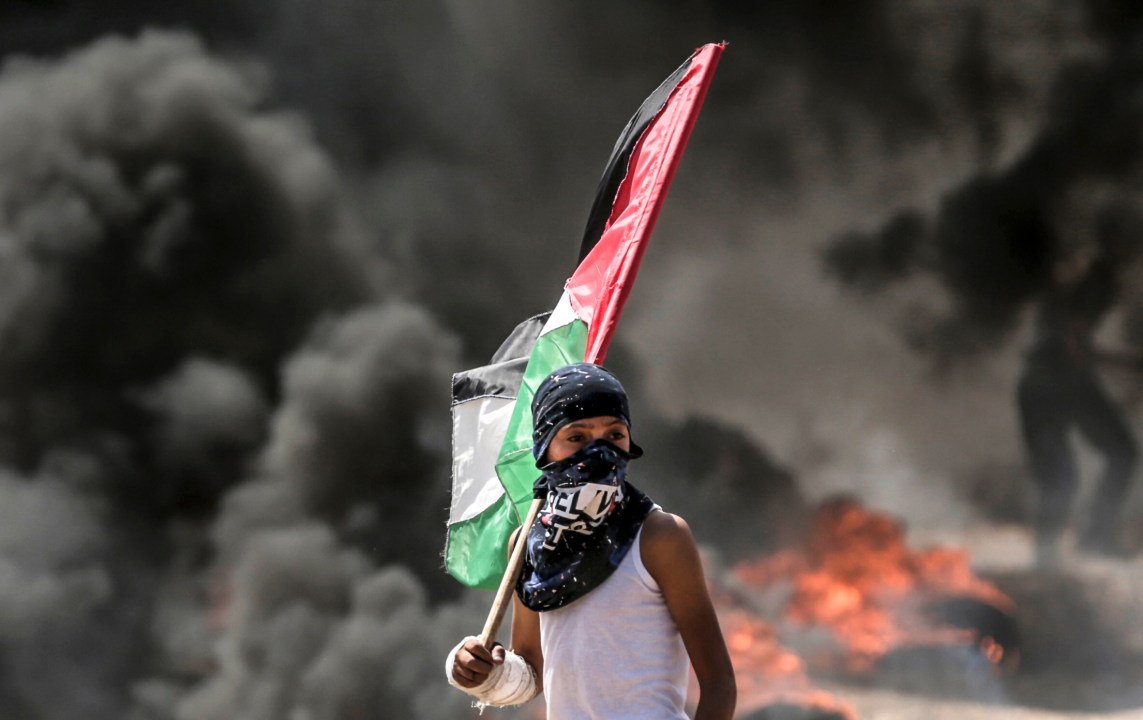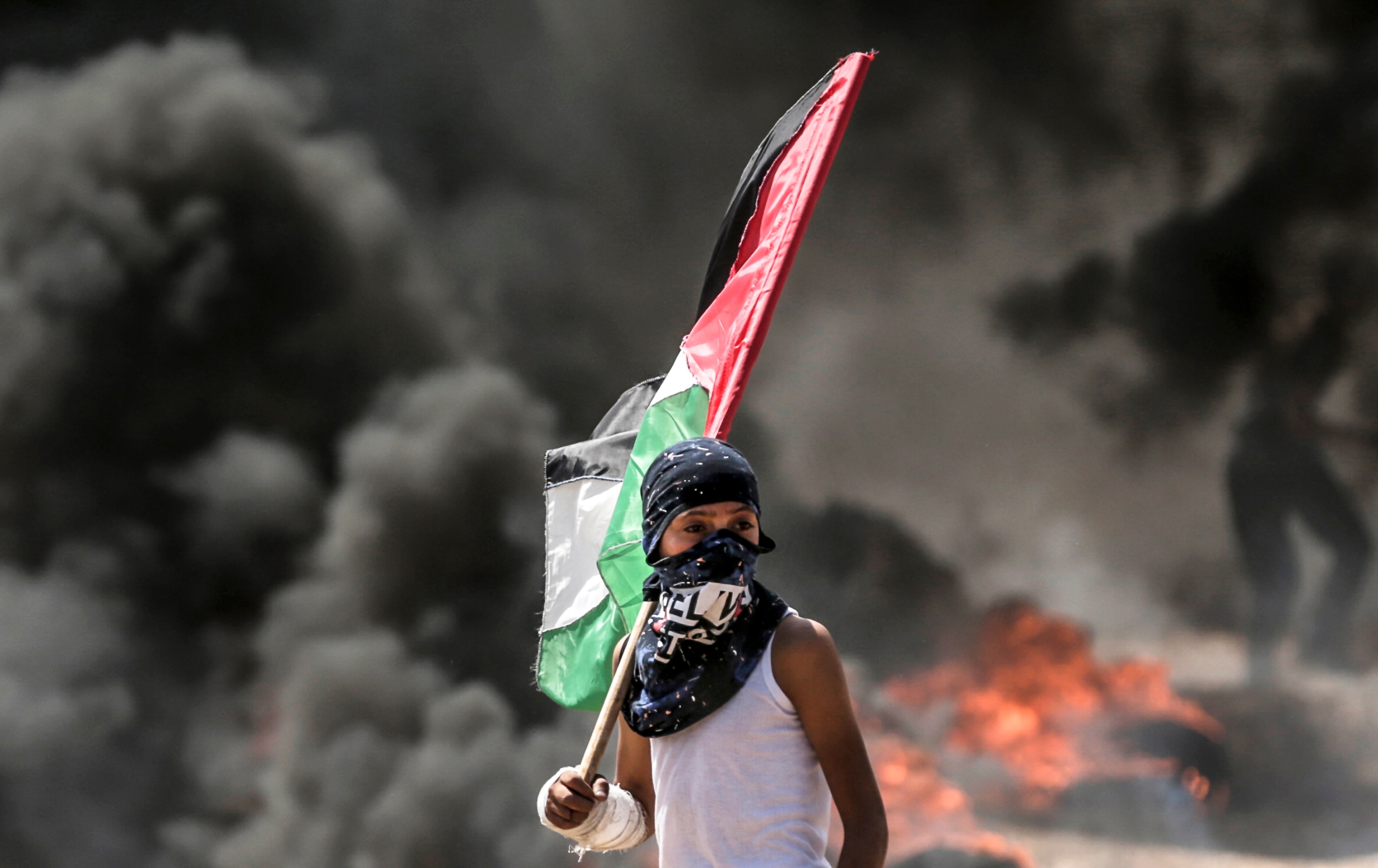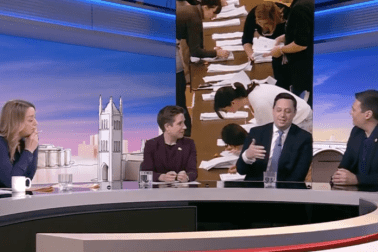The dawn of the new year is rising on a world that would have been unrecognisable 12 months ago. The scourge of Covid, the fall of Trump, the resolution of Brexit; all have carved history in unpredictable ways. But nowhere has seen greater changes than the Middle East, where, for the first time, people are daring to believe that the Arab-Israeli conflict is over.
In January 2020, Israel was as isolated as ever in the region. Its ‘cold peace’ agreements with Egypt and Jordan, which were not matched by affection on the street, were as good as it got. The Arab League’s notorious threefold rejectionism — no to peace, no to recognition, no to negotiation — seemed unmovable.
Trump’s peace plan was dismissed out of hand by the Palestinians in February, and things hit a new low in May. When a new Knesset considered annexing parts of the West Bank, an impotent Palestinian Authority suspended all security co-operation.

Britain’s best politics newsletters
You get two free articles each week when you sign up to The Spectator’s emails.
Already a subscriber? Log in








Comments
Join the debate for just £1 a month
Be part of the conversation with other Spectator readers by getting your first three months for £3.
UNLOCK ACCESS Just £1 a monthAlready a subscriber? Log in